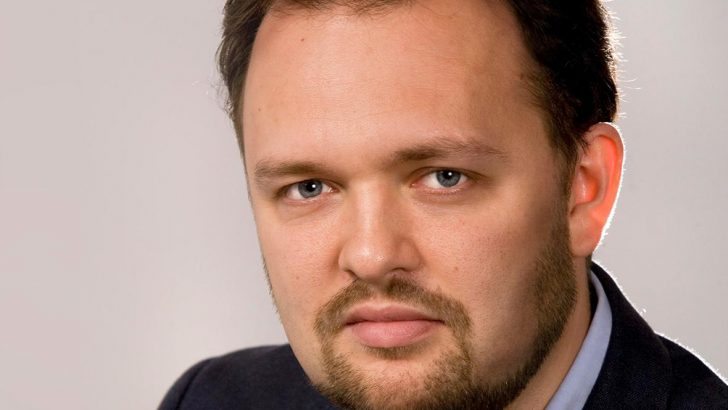The decadent society: How we became the victims of our success
by Ross Douthat
(Avid Readers Press / Simon & Schuster, $US27.00 / £20.95)
Frank Litton
‘We live in a time of unprecedented change.”
Do we, really?
My Grandfather was born in 1875 and died in 1950. I reckon he experienced far more radical changes in his span of life than I have in mine: motor-cars, aeroplanes, electricity as a widely available form of energy, telephones, the collapse of Empires, two World wars, an independent Ireland and massive increases in human productivity.
You could argue that I have missed the point. The changes that he saw were beginnings; what we have been living with are their transforming consequences.
Certainly, we have lived in a story of continuous economic growth, technical innovations, and increasing productivity. That story is finished.
This the theme of this intriguing book, written by Ross Douthat, a noted Catholic journalist, who is the conservative in the New York Times stable of columnists and editorial opinion writers.
Decadence
The term ‘decadence’, summons up a world of self-indulgence, deaf to the call of duty, we luxuriate in the sensuous.
Douthat uses the term in a different sense. “Decadence,” he writes, “deployed usefully refers to economic stagnation, institutional decay and cultural and intellectual exhaustion at a high level of material prosperity and technological development.”
He makes the case that this is our condition, reviewing a wide range of evidence across several fields. This is an example of high-class journalism at its very best, written with style and wit.
The case for economic stagnation is the best known. The case here is that the economic growth that started with the industrial revolution is coming to an end. The low-lying fruit that boosted productivity has all been harvested. We cannot expect any significant increases in productivity anytime soon.
Birth rates are falling world-wide. WEIRD (white, educated, industrialised, rich, democratic) countries are not reproducing themselves. The fact is well known though its cases and consequences seldom receive the discussion that its seriousness merits.
Politics, for example, proceeds with angry slogans that mask a dearth of ideas”
Douthat reviews the evidence and discusses the issues. Culture belongs to the complex of factors that might explain the trend. We may be better off in many ways than the generations that preceded us.
Yet, somehow, we have lost the relish for the human project that inspired them to move forward in economics, politics, and culture.
A stagnating economy is matched to a stagnating culture. Politics, for example, proceeds with angry slogans that mask a dearth of ideas. Trump is not an exciting, albeit disturbing, turn in politics.
He shows up the exhaustion of political parties unable to engage with the problems of the day. The decline in support for Fianna Fáil and Fine Gael has not opened up a new chapter with fresh ideas and new projects.
Irish readers can only agree that our culture stagnates when they contrast the lively debates on matters of public concern on the Late, Late Show in the 60s and 70s with the procession of celebrities and would-be celebrities of recent decades.
It is not only in politics that we find evidence of disengagement. Outhit reports how the expanding possibilities for virtual reality facilitate retreat.
Virtual sex dispenses with the troublesome engagement with the wishes, aspirations, foibles, of another person, while computer games deliver spills and thrills, defeats and victories, free from bruising engagements.
Secular trends
Douthat is a well-known American Catholic who has published two books on religious topics (Bad Religion: How we became a Nation of Heretics and To Change the Church: Pope Francis and the Future of Catholicism). Religion, however, figures only in a small, though significant way, in this survey of current secular trends.
Those troubled by the declining influence of Christianity can be intimidated by the apparent strength of the secular whose onward march appears unstoppable. Dothan’s survey gives them cause for hope.
In a world in which we have, as Outhit writes: “A conservatism with no vision of how to revitalise itself”, and “a liberalism that doesn’t recognise how little it satisfies the human heart, how vulnerable it would be to real challenges should they ever arise”, the resources of the Catholic tradition are far from redundant.


 Ross Douthat
Ross Douthat 